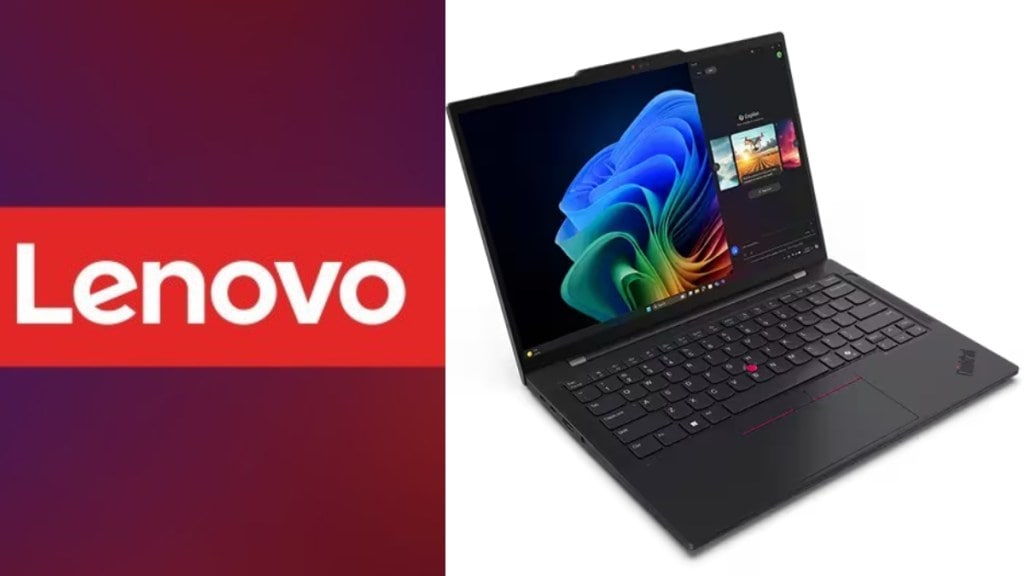Lenovo India, in collaboration with Intel and creative agency Leo Burnett, has launched a marketing campaign that embeds itself within a popular online shooter game to speak directly to its intended audience—gamers frustrated by outdated hardware.
Titled Gamers on Duty, the campaign targets so-called “campers”—players who stay hidden in-game to avoid combat, often viewed negatively by other players for disrupting gameplay dynamics. Lenovo’s insight: Many of these campers are not intentionally avoiding action, but are limited by underpowered, overheating machines that cannot support fast-paced gaming.
The company’s intervention was both direct and unconventional. It deployed a dozen gaming influencers—whose combined reach reportedly exceeds 20 million followers—into the game as undercover agents. These players used a unique in-game feature that allows for brief interactions when one player captures another. During those 15-second windows, the influencers confronted campers, engaging them in conversations about their hardware and suggesting upgrades to more capable systems.
At a time when gaming continues to grow in India, KPMG estimated in 2023 that the country had over 450 million gamers. This approach reflects how brands are experimenting with new ways to reach users inside digital environments.
“This was about showing up at the moment of pain,” Chandrika Jain, CMO, Lenovo India, said, noting that players often encounter performance issues at high-intensity points in the game. The campaign, she suggested, aimed to create a direct connection between poor performance and the hardware behind it.
Rajdeepak Das, CCO of Publicis Groupe South Asia and Chairman of Leo Burnett South Asia, described the idea as “hyper-personalised,” saying it was an attempt to merge gameplay data and tech to meet gamers at their most frustrated moments. Though unconventional, the campaign highlights a broader shift in marketing strategy: rather than rely solely on traditional ad formats, brands are looking to become part of the in-game experience, sometimes blurring the lines between utility, entertainment, and advertising.

